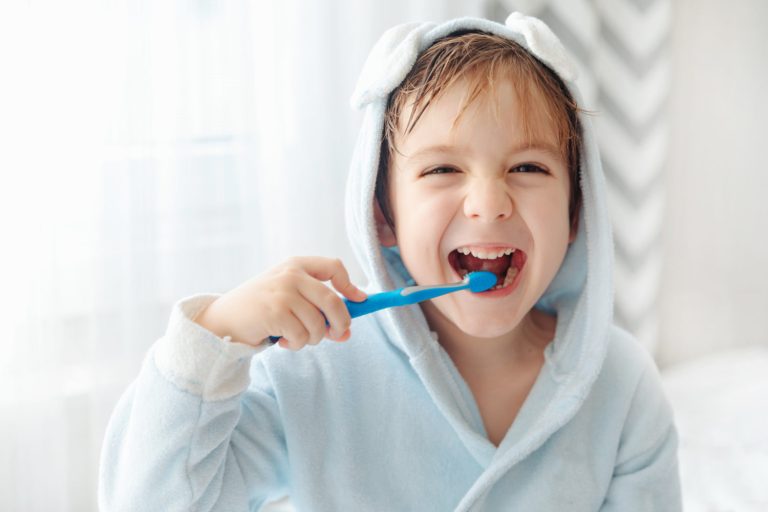Nose vs. Mouth Breathing: Does the Way We Breathe Affect Our Sleep?
Breathing is a fundamental aspect of our daily lives, yet many of us don’t give much thought to how we do it. Whether it’s the advice to breathe in through the nose and out through the mouth during a workout or the buzz around “mouth taping” on social media, the method of our breathing can significantly impact our health, particularly our sleep. Let’s explore the differences between nose and mouth breathing, the effects on sleep, and what you need to know about the latest breathing trends.
Breathing Through the Nose
Our bodies are designed to breathe through the nose, and for good reason. The nasal passages play a crucial role in filtering and humidifying the air before it reaches our lungs. This process helps remove dust, allergens, bacteria, and viruses from the air, which experts say can protect us from respiratory infections and allergic reactions.
Moreover, the nose regulates the temperature of the air we breathe. It ensures that the air is warmed or cooled to body temperature, which helps protect the delicate tissues in our lungs from extreme temperatures, according to Medical News Today. Ever noticed your nose running in the winter? That’s your body’s way of conditioning the air to be more suitable for your lungs.
Dr. Jason Turowski, a pulmonary medicine specialist, emphasizes the importance of nasal breathing. He explains that the nose’s filtration and humidification systems are integral to healthy breathing, contributing to overall respiratory well-being.
Breathing Through the Mouth
While nasal breathing is ideal, there are times when mouth breathing becomes necessary. Common reasons for mouth breathing include:
- Nasal Congestion: Conditions like colds or allergies often lead to temporary mouth breathing due to blocked nasal passages.
- Shortness of Breath: Factors like exercise, asthma, anxiety disorders, or acid reflux can make mouth breathing a practical choice.
- Deviated Septum: A deviated septum can cause chronic nasal congestion, making mouth breathing more common.
- Enlarged Adenoids: In children, enlarged adenoids can block nasal airways, necessitating mouth breathing.
Despite these occasional needs, chronic mouth breathing can have several negative side effects. According to Cleveland Clinic, persistent mouth breathing can contribute to conditions like snoring and sleep apnea, which are linked to daytime sleepiness and other health issues. It can also lead to dry mouth, which increases the risk of halitosis, gingivitis, and cavities.
Side Effects of Chronic Mouth Breathing
Scientists have found that long-term reliance on mouth breathing can have several adverse effects:
- Snoring and Sleep Apnea: Mouth breathing can exacerbate snoring and sleep apnea, leading to poorer sleep quality and daytime fatigue.
- Dry Mouth: This can cause bad breath and increase the risk of dental issues.
- Behavioral Issues: In children, chronic mouth breathing may contribute to behavioral issues and developmental concerns, though this requires further research.
- Facial Changes: Prolonged mouth breathing in children may lead to changes in facial structure, such as an altered dental arch and jaw alignment.
Mouth Taping: A Controversial Trend
Recently, mouth taping has gained attention as a potential solution to encourage nasal breathing, particularly during sleep. This practice involves taping the mouth closed with a skin-safe tape to promote nasal breathing. Proponents argue that it can improve sleep quality and reduce snoring.
However, scientific evidence supporting mouth taping is limited. Dr. Cinthya Pena Orbea notes that while some people report benefits, mouth taping is not a recognized treatment for sleep disorders. If you struggle with snoring or sleep apnea, other methods like sleeping on your side or using nasal strips might be more effective. For those using CPAP machines, mouth taping might help prevent swallowing air, but should not replace other treatments.
Should You Try Mouth Taping?
Given the current evidence, mouth taping may not be necessary or beneficial for everyone. If you are experiencing significant sleep or breathing issues, consulting with a healthcare provider is the best course of action. They can provide guidance on appropriate treatments based on your specific needs.
The way we breathe—whether through the nose or mouth—can profoundly impact our health and quality of sleep. Nasal breathing offers numerous benefits, including better air filtration and temperature regulation, while chronic mouth breathing can lead to various health issues. As trends like mouth taping emerge, it’s crucial to approach them with caution and seek professional advice when needed. Understanding these breathing patterns can help you make informed choices about your respiratory health and sleep quality.




